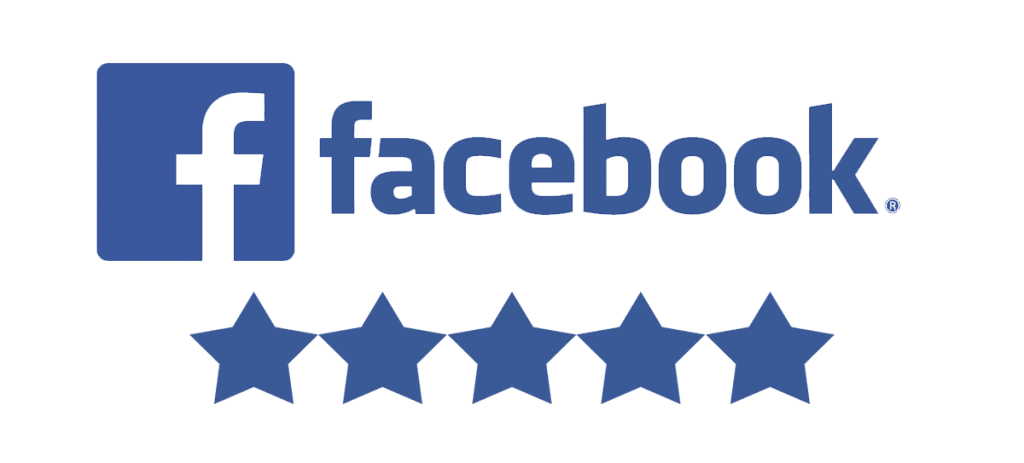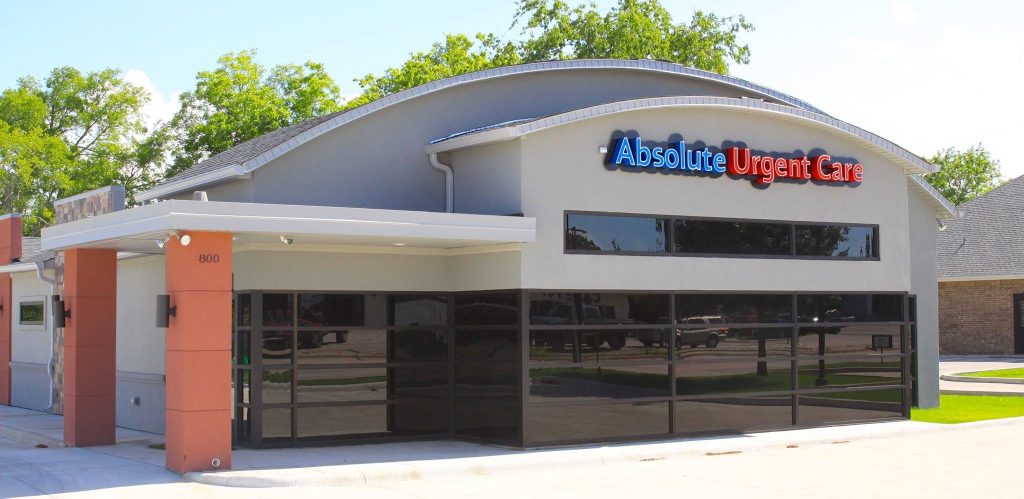The choice of a suitable healthcare model for your family is an important decision, which has implications on both your health and finances. Among the alternatives available include Direct Primary Care (DPC) and Traditional Healthcare. These models have their own pros and cons necessitating an understanding of their differences so that one can make a well-informed decision. This blog post highlights the major aspects of Direct Primary Care and Traditional Healthcare to enable you choose what best suits your family needs. Absolute Urgent Care is here to give you thorough guidance in making this choice.
Table of Contents
ToggleWhat is Direct Primary Care?
This is a model of healthcare where patients pay a monthly or annual membership fee directly to their primary care provider. Most primary care services are covered by this fee including office visits, preventive care, and basic laboratory tests. The DPC model promotes strong patient-provider bonds, which lead to customized and more accessible treatment without insurance interference.
Benefits of Direct Primary Care
Affordable and Transparent Pricing: DPC eliminates the need for insurance coverage for primary care services by providing definite prices. Ordinarily, the membership fee caters fully for all visits as well as other services thereby reducing unforeseen medical costs burden.
Longer Appointment Times: Having fewer patients than regular practice physicians allows DPC physicians to take longer appointment times leading to better understanding of individual patient needs hence offering personalized attention.
Improved Access to Care: For instance, DCP patients can call, email or text message their doctors directly whenever they are faced with any health concern at hand; thus this enhances faster response towards seeking medication.
Preventative Focus: Aimed at keeping patients healthy and detecting potential problems early enough, DPC places great emphasis on prevention. Frequent check-ups coupled with personal health plans are integral components of such an approach.
What is Traditional Healthcare?
Herein lies traditional healthcare in relation to the insurance based system where patients and providers navigate through insurance claims, copays, and deductibles. It usually has a network of providers and demands that patients choose doctors or hospitals within their plan.
Benefits of Traditional Healthcare
Comprehensive Coverage: This type of healthcare program usually encompasses various specialists, surgeries, hospitalizations among others hence suiting those with complex medical needs.
Wide Network of Providers: In most cases, these plans have broad networks that enable people to access different health care providers as well as facilities. Emergency and Specialty Care: For emergencies or specialized treatments requiring sophisticated medical procedures and facilities, traditional healthcare is beneficial.
Key Differences Between Direct Primary Care and Traditional Healthcare
Cost Structure
Direct Primary Care: There is a flat monthly or annual fee paid by patients directly to their provider which caters for most primary care services; no copayment or deductible may apply for such services.
Traditional Healthcare: Patients who choose this kind of healthcare pay monthly premiums in addition to co-pays, deductibles and coinsurance for services. The costs can be specific depending on the insurance plan one is subscribed to alongside the medical services used.
Patient-Provider Relationship
Direct Primary Care: There should be a close relationship between the patient and provider over time. Medical practitioners attending to DPCs normally handle less patients resulting into more personalization as well as attention.
Traditional Healthcare: Such a relationship between doctor and patient is sometimes curtailed because there are many patients under the latter’s care thereby limiting interaction time due to terms included under insurance policies leading to high number of clients that he deals with on daily basis
ess to specialists.
Cost: Direct Primary Care may be more cost effective for your family if you do not frequently need specialist or hospital care.
Flexibility: Traditional Healthcare may be less flexible and offer fewer benefits as compared to Direct Primary Care.






















